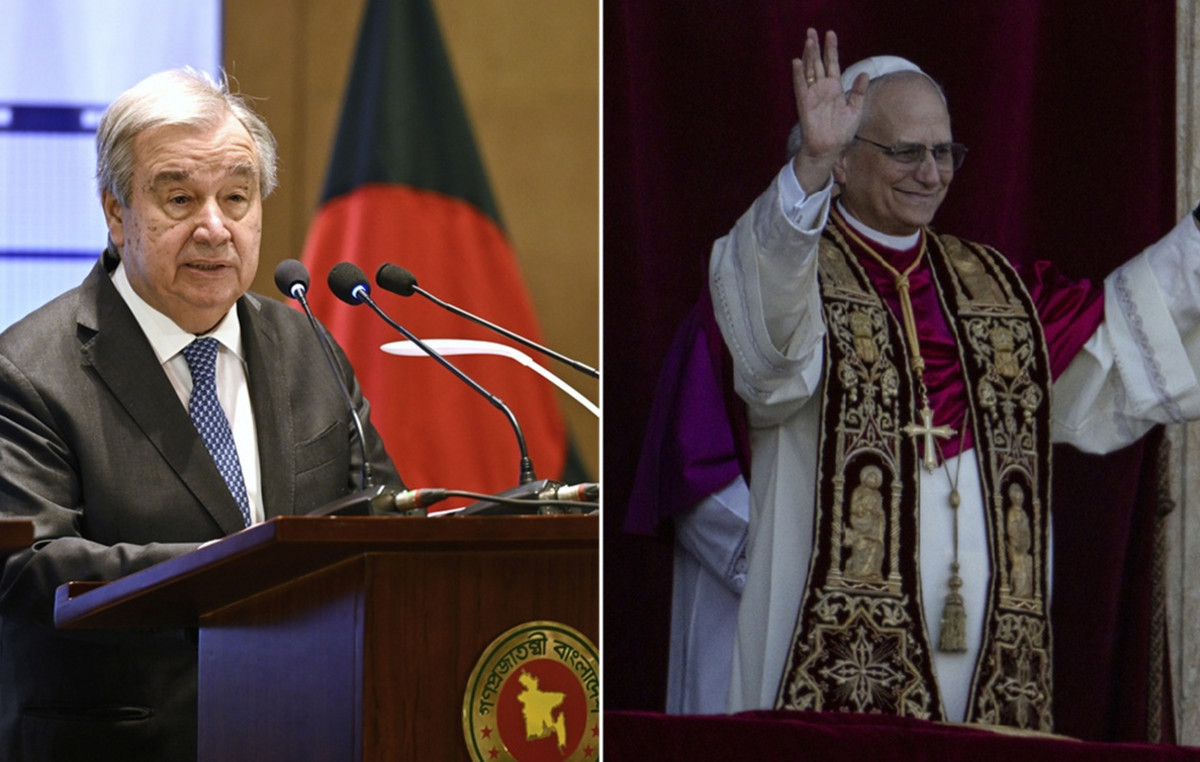Brazilian meat has suffered from exports. The two cases of “mad cow disease” in Brazilian slaughterhouses made some countries stop importing the product from Brazil.
The decision did not change even after the Ministry of Agriculture stated that meat consumption can continue normally, as there are no risks.
The main embargo came from China, currently the main Brazilian buyer. The Chinese embargo has lasted for over two months and has direct impacts on the country’s economy.
More recently, it was the turn of an association of producers in the United States to ask the US authorities to suspend imports of Brazilian meat, in a letter sent on Friday (12) to the Department of Agriculture of the country’s government (USDA) .
“It’s time to keep Brazilian fresh beef out of this country until the USDA confirms that Brazil complies with the same food and consumer safety standards that we apply to all our trading partners,” said, in a statement, Ethan Lane, vice president -president for government affairs of the National Cattlemen’s Beef Association (NCBA), an association that brings together North American ranchers.
Citing reports from the World Organization for Animal Health (WHO), the NCBA claims that Brazil took more than eight weeks to report the two suspected cases of mad cow.
“The WHO requires countries to report within 24 hours any case of animal disease with international relevance related to health emergencies”, says the note from the association.
According to a survey by the Brazilian Association of Meat Shops (Abrafrigo), the volume of Brazilian beef exports dropped 43% in October when compared to the same period in 2020.
A few weeks ago, WHO concluded an investigation into the two cases of mad cow and pointed out that there is no risk of the disease spreading, according to Roberto Dumas, economics professor at Insper, in an interview with CNN.
This is also the image that the government and the Ministry of Agriculture are trying to convey to importing countries.
Minister Tereza Cristina announced on Wednesday (17), through Twitter, that Russia announced the opening of a quota of 300 thousand tons of meat that will have a zero import tariff for six months. The Russian initiative will start to take effect in the coming days, not only for suppliers from Brazil, but any slaughterhouse that is interested can take part of the quota to supply meat to Russia without the import tax.
The country had also restricted access to Brazilian beef once the mad cow disease cases were identified, but after yesterday’s announcement appears to be willing to do business with Brazil again.
China, however, did not follow the Russian path and continues with the blockade. In an interview with Cultura FM radio last week, President Jair Bolsonaro said that the Chinese blockade “is not a problem in the relationship with China or with President Xi Jinping”.
“There is no such thing, it has already been resolved. It’s not because I don’t like that president that I’m going to stop doing business with that country. If it’s cheaper, I’ll buy it from him,” said the president.
Amidst this imbroglio, the Ministry of Agriculture advised Brazilian meatpackers to temporarily suspend meat production for China.
According to the CNN Brasil with members of the folder, a letter was issued by the federal government allowing producers to store their production in refrigerated containers.
To avoid the accumulation of production, the folder also guided Brazilian slaughterhouses to sell beef on the domestic market or to other importing countries of the product.
In addition to Brazil, other countries were also prevented from selling meat to China. After an unusual mad cow case in 2020, Ireland also faced Chinese sanctions. Another country that received a veto was the United Kingdom, on September 29 this year.
*With information from Ligia Tuon, from CNN Brasil Business, Gustavo Uribe from CNN, in Brasília, and Estadão Conteúdo
Reference: CNN Brasil
I am Sophia william, author of World Stock Market. I have a degree in journalism from the University of Missouri and I have worked as a reporter for several news websites. I have a passion for writing and informing people about the latest news and events happening in the world. I strive to be accurate and unbiased in my reporting, and I hope to provide readers with valuable information that they can use to make informed decisions.







